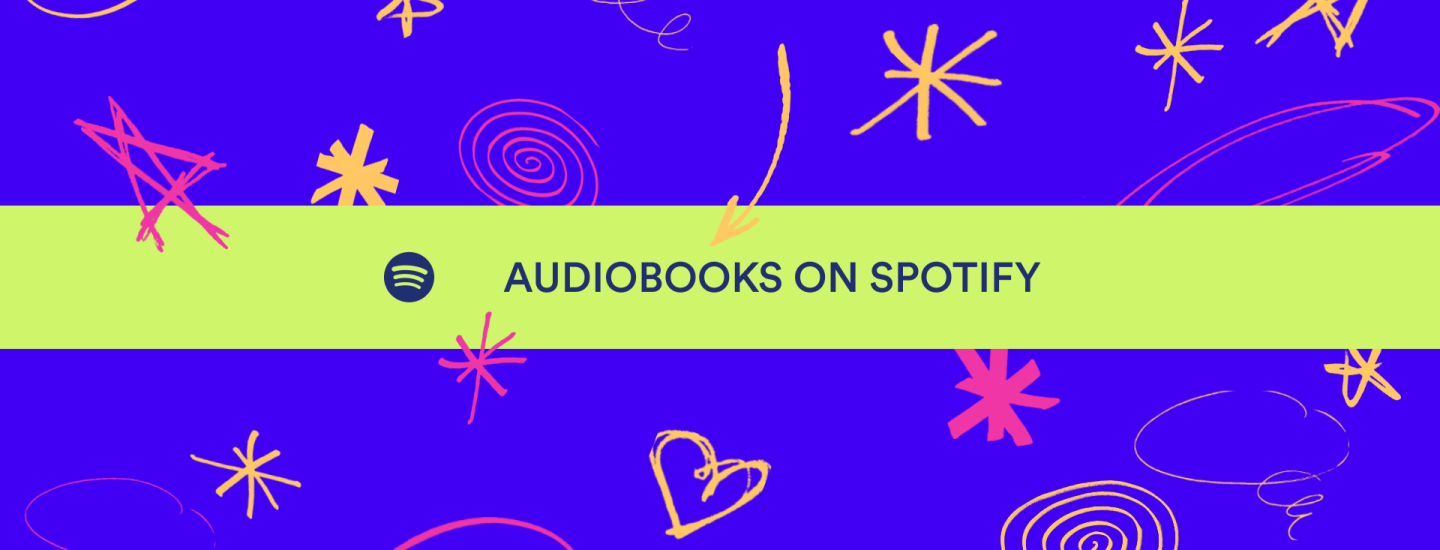Spotify Audiobooks grab 25% of users driving growth
Spotify’s move beyond music has gotten the attention of young listeners and is growing revenues with surprising new numbers.
The world’s most popular music streaming service has been broadening it’s offerings in recent years. Since launching on Spotify in 2019 podcasts have become a major part of the platform, with over 100 million regular podcast listeners.
Last year, Spotify began adding audiobook listening as a Premium feature. New data from Spotify sheds light on the growing popularity of its audiobook offerings, particularly among younger demographics. They revealed that a significant 25% of Spotify Premium users are actively engaging with audiobooks.
Spotify found that 57% of their audiobook listeners are between the ages of 18-34. Audiobooks generally seem to have a large impact with younger audiences. Data from Statista showed that 30% of US audiobook listeners were aged 18-29 in 2021, before Spotify offered audiobooks.
The data indicates a positive impact on publishers, with a particular benefit for independent authors. Spotify claims that without their audiobook offering, royalties for independent authors would have seen a 23% increase year-over-year. However, with the introduction of audiobooks on Spotify Premium, independent authors have witnessed a remarkable 95% jump in their royalties.
Engagement with audiobooks on Spotify appears to be strong. New audiobook listeners in the US, for example, are averaging an impressive 2.6 hours of consumption within the first two weeks of starting a book.
Additionally, Spotify has witnessed a more than doubling of top-up purchase volume (where users buy additional audiobook hours) since launching its audiobook service. This indicates a willingness among listeners to invest further in audiobooks they enjoy.
Spotify is employing strategic promotional tactics to boost audiobook consumption. One such tactic involves leveraging the popularity of podcasts. The company cites the example of RuPaul’s appearance on the podcast “Call Her Daddy” to promote his book, “The House of Hidden Meanings.”
Following his appearance, the audiobook saw a substantial 34% increase in consumption week-over-week. This highlights the potential of cross-promotion between podcasts and audiobooks to drive listener interest.
Spotify’s entry into the audiobook market presents a challenge to the established dominance of Audible, owned by Amazon. While major book publishers have agreed to limited streaming deals with Spotify, the competition for audiobook listeners is likely to intensify.
The recent expansion of Spotify audiobooks to Canada, Ireland, and New Zealand further demonstrates the company’s commitment to this new revenue stream. As Spotify continues to refine its audiobook offerings and attract new listeners, the audiobook market is poised for exciting developments in the years to come.
